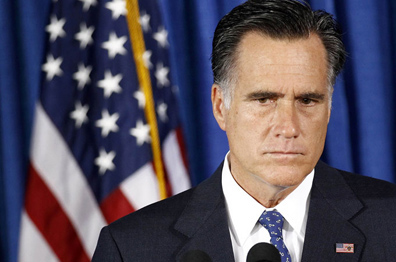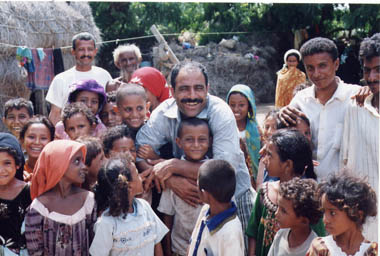
The past week has seen a dramatic punctuation in the political present. This present is one in which several countries in North Africa and the Middle East are emerging from years of “stable” dictatorial rule in which human rights were ignored by the Western countries who philosophize how important human rights (or at least the right kind of rights) are. There is also a presidential election looming in the most powerful nation on earth, a nation divided in a partisan way with few realistic ideas on how to frame a way out of the greatest economic downturn since the Great Depression. It is raining politics and that is fire and brimstone in the current climate.
The drama starts with the anniversary of the 9/11 tragedy, which like the abduction of Helen of Troy, prodded the United States to engage in two decade-long wars that have resulted in the deaths of former figure-head foes (Saddam and Bin Laden) but which are unwinnable in the old-fashioned “sign a peace treaty and let trade make us friends” sense after World War II. The spark, a most surreal one at that, is a pathetic trailer for the kind of film no one would ever pay money to see. Before Youtube, before the Internet, this would have been yet another throw-away on the huge cinematic rubbish pile already brimming with porn. But in a scenario that a producer would probably laugh away, an Islamophobic individual dubs intentionally hateful dialogue denigrating the Prophet Muhammad. For non-Muslims the main thing offended is taste; for Muslims this is hateful and hurtful, akin to throwing something sacred into a toilet.
The politics has exploded all over the media, not in spits but a massive vomit. Continue reading The “Muslim” Problem






